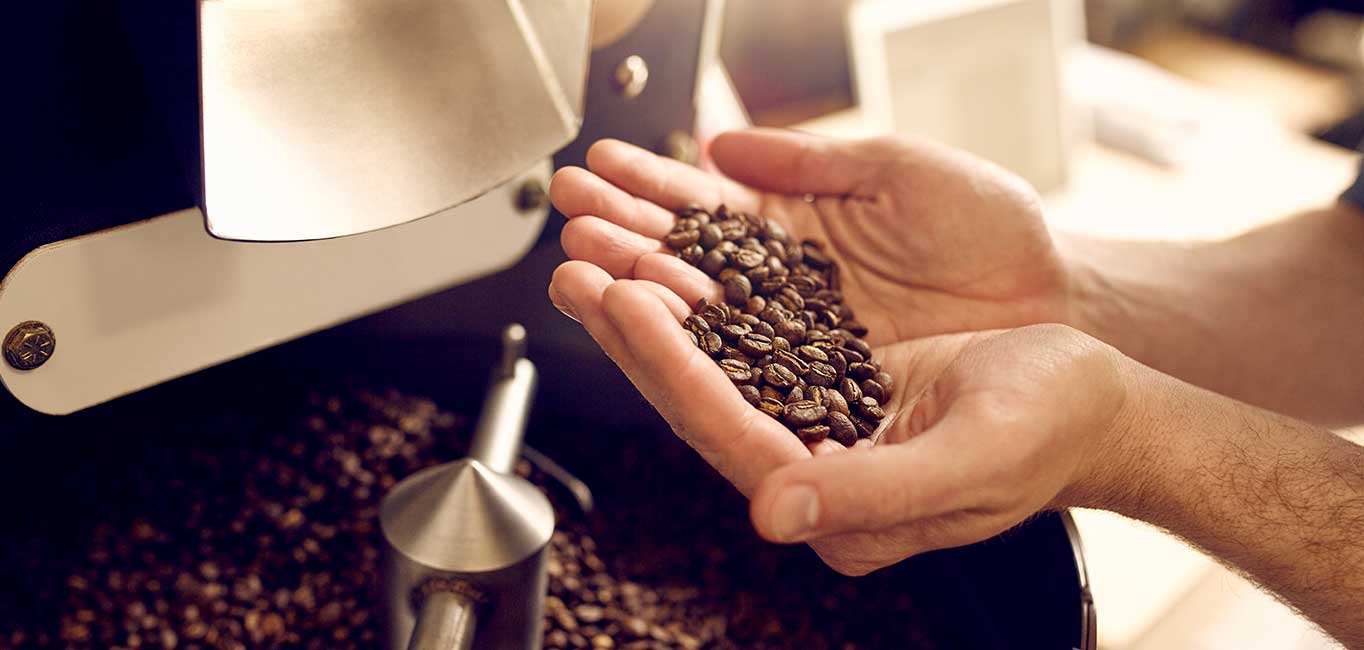
What are the 10 differences between Robusta and Arabica coffee?
If you have been a coffee lover long enough, you may have heard of Arabica and Robusta coffee beans.
Although there are over 100 different coffee species, these two are amongst the most popular ones.
Robusta coffee is made from beans of the Coffea canephora plant and has its origins from central and
western sub-Saharan Africa. When you compare coffee production worldwide, Robusta comprises of
40% production. And guess what? They are the second most popular coffee in the world. So, what’s
first? It’s Arabica, they comprise of 60% of the coffee production worldwide.
Difference between Robusta and Arabica coffee
- Robusta coffee plants are easier to grow and are tolerant of changing weather in comparison to
Arabica beans. Africa, Indonesia, and Vietnam are key producers of Robusta, whereas, Arabica
beans are grown in Central and South America. - Robusta beans are grown over a period of two years up to the height of 4.5 – 6 meters in height
from planting it, whereas Arabica takes around four years and grows up to 2.5 – 4.5 meters. - When it comes to Robusta, the caffeine content is twice as much as Arabica. Although Robusta
has an overall earthy, harsh and grainy flavor, it’s slightly more bitter. - Robusta beans are darker when raw, smaller, thicker and rounder in comparison to Arabica
beans, which is more oval than circular in shape. - Considering the tedious process of cultivating and harvesting Arabica, it costs more in the
market. That’s almost double the cost of Robusta. - When compared to Robusta, Arabica consists of over 60% more lipids with twice the
concentration of sugar. This is one of the key reasons why most coffee lovers favor Arabica over
Robusta.
We have summarized the major difference between this two coffee varieties in the table below.
Both the beans have a distinct target market amongst coffee connoisseurs. The flavor and aroma of both
these coffee beans can expand your palate. Arabica blends can be too high and floral, whereas Robusta
has a dark harshness to it. But, in the end, your preference boils down to your taste preference.

